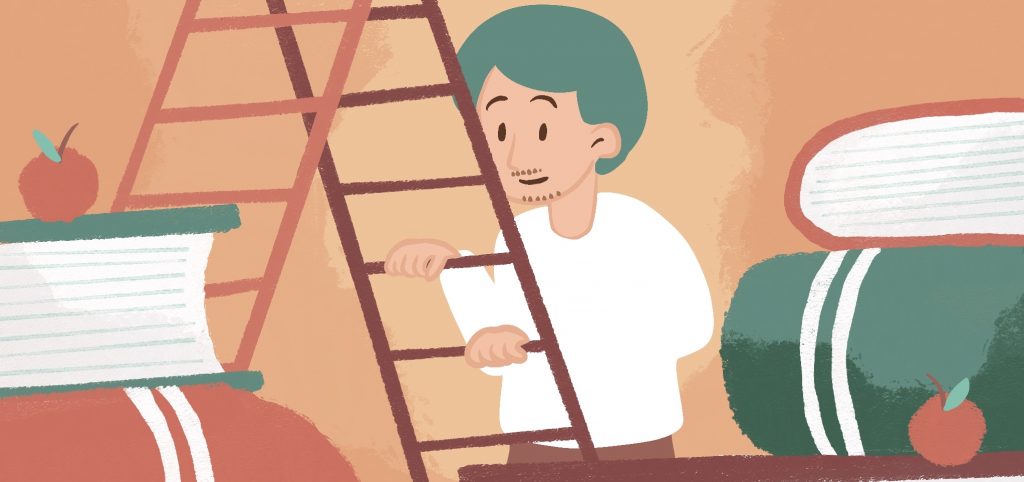
Starting your new professional life can be a mix of excitement and anxiety. Having successfully navigated a rigorous training course, placements, assignments and exams, healthcare professionals often start their qualified life feeling ‘fraudulent’, or doubting they have the necessary skills.
Academic assessments and exams test knowledge, but they cannot provide the experience (and with it the confidence) that comes from working with people and having the responsibility for your own work in context. You might have had an expectation how it would feel and be when you qualified, and your experience might not match your expectations and hopes.
Many newly qualified healthcare staff can struggle, leading to stress, burnout and vicarious trauma with many feeling overwhelmed and unsure how to navigate.
Historically, emphasis has been placed on resilience (in particular the ability to recover after encountering a difficult situation). Indeed you might have received resilience as part of your training. Being resilient implies that you should all be able to ‘toughen up’ and adapt in the face of a healthcare system that is not working.
Whether you are newly qualified or support those who are, these are some suggestions which might be helpful:
- It’s ok to feel unskilled – it’s a common experience for newly qualified practitioners
- Lack of resilience does not make you a ‘bad’ practitioner
- ‘Whole’ people come to work, and each individual is likely to have different needs as they gain experience in their new profession.
- Psychological safety (Normalising differing reactions, and creating a safe space for acknowledging and discussing difficult events) in teams is essential for all team members, but particularly to nurture newly qualified practitioners.
- Look for opportunities to learn leadership skills and reflect on what you can or should change as you gain more experience and responsibility. As Margaret Mead said, “Never doubt that a small group of thoughtful committed individuals can change the world. In fact, it’s the only thing that ever has”.